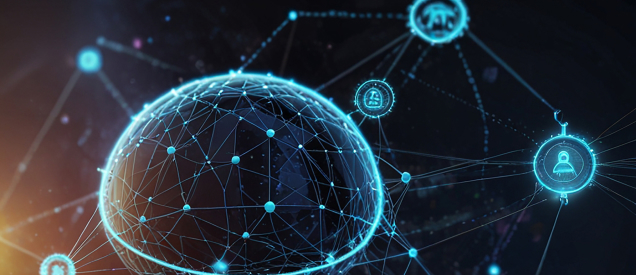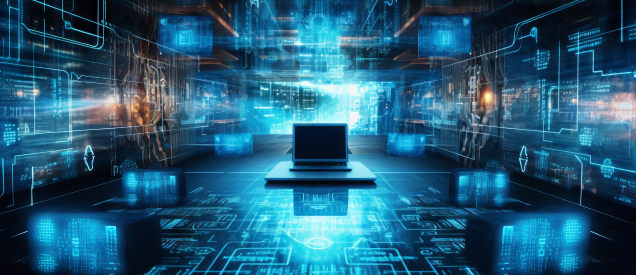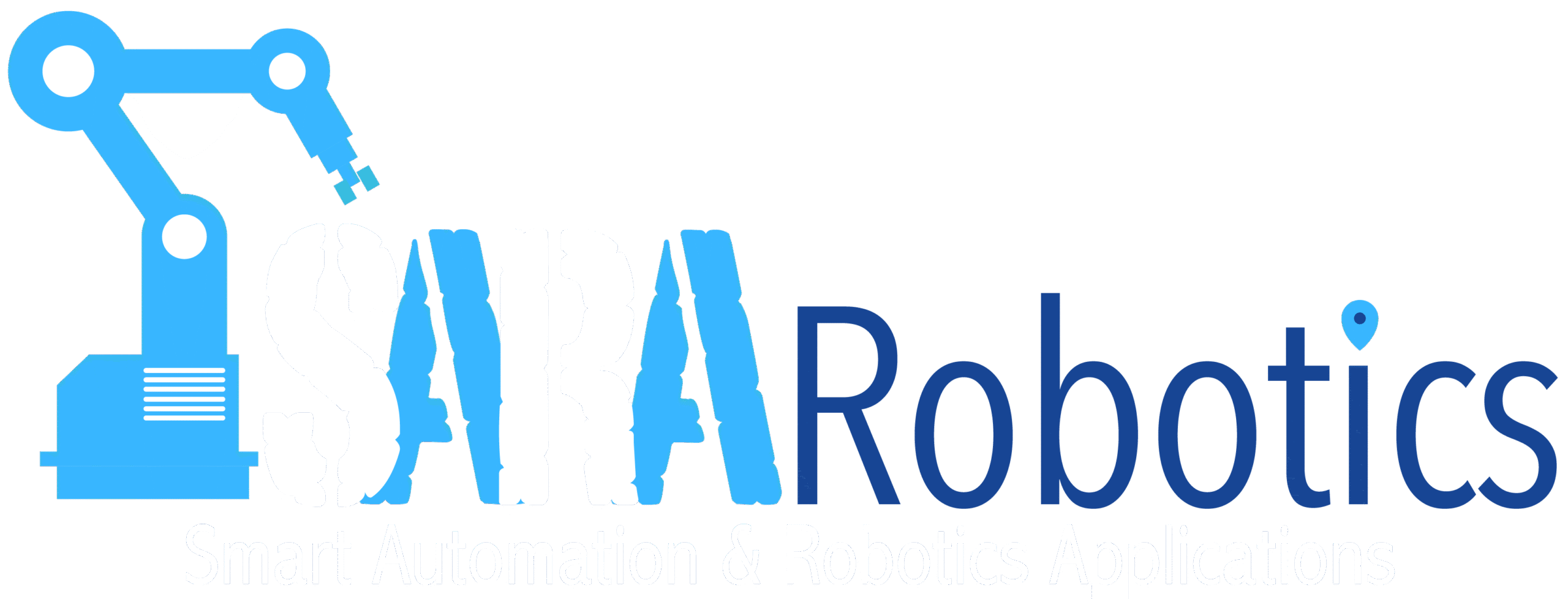Abstract
The fourth revolution (i4.0) has begun, and with its arrival many disruptive technologies that will change our environment, it is estimated that more than seven million jobs will be affected in the next five years. i4.0 means a new range of technologies that are merging the physical, digital and biological worlds, and will alter the way we interact, work and live. Throughout the world many disciplines, economies and industries are preparing for the impact that this transition will bring. In this article, a tour of the technologies that accompany industry 4.0 is made, the implications are analyzed and some recommendations are discussed that can help us prepare for this new transition, finally some forecasts are proposed.
Main Insights
The Fourth Industrial Revolution, or Industry 4.0, represents a transformative era where physical, digital, and biological systems converge, driving exponential innovation and reshaping industries, economies, and societies. Key technologies such as artificial intelligence, IoT, robotics, 5G, and blockchain are enabling smarter automation, personalized manufacturing, and interconnected systems. However, this revolution also brings challenges, including job displacement, the need for updated education systems to prepare for future roles, cybersecurity concerns, and the importance of global standardization for seamless integration.
“The term Industry 4.0 refers to a new industrial revolution that integrates disruptive technologies such as the Industrial Internet of Things (IIoT), Cloud Computing, Artificial Intelligence, autonomous systems, and robotics to create fully interconnected production systems and value chains. These systems enable the collection, processing, and analysis of real-time data, optimizing decision-making and the execution of intelligent actions in the real world, with a high degree of flexibility, customization, and collaboration between people and machines”. Dr. Manuel Cardona, CEO & Founder


With the Industry 4.0 market projected to grow significantly, embracing these advancements is crucial for fostering innovation, creating new business models, and maintaining global competitiveness.
